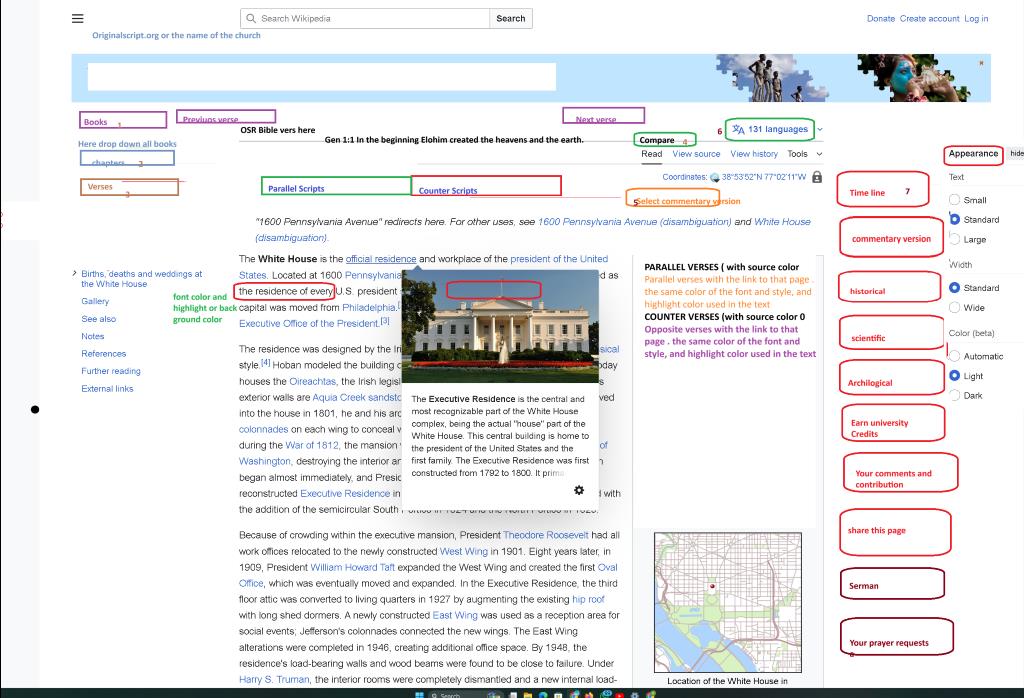As a parent, one of the biggest worries is whether their child is getting the required nutrition. But, what constitutes a nutritious meal? Is it a plate of steamed rice with lentils and vegetables? Or, is it a portion of baked chicken with a salad on the side? Or, could a healthy combination of roasted veggies and fruit juice do the trick?
Every visit to the paediatrician results in detailed discussion on the importance of a balanced diet for the child, one which is full of nutrition, but rarely does anyone decode the science behind “the balanced diet” for toddlers.
Curious parents scouring the internet for help are often served solutions which involve making vegetables looks appealing through innovative recipes or plating the food to look like cartoon characters to encourage the child into tasting it! However, none of these solutions address the parents’ more important concerns about food items that they should be including in their child’s diet so that they get the right amount of nutrition.
Here, we try to answer some of the most pertinent concerns of mothers – what is a balanced diet? What are its main constituents? What should you be feeding your child to ensure he/she grows up to be hale and hearty?
Here are 5 things every parent should know to ensure that her toddler is receiving the right nutrition to ensure the right growth:
1. Fuel for your toddler’s future: The optimal amount of intake a child needs every day varies significantly by age. Toddlers need between 1060kcal and 1350 kcal nutrition daily, which can more than double as the child grows further.
2. Specialized nutrition for toddlers: Adult nutrition differs from toddler nutrition which needs to be high on iron, calcium, vitamins, and minerals. Toddlers need a holistic diet that is rich in macro (required in large quantities such as fats, carbohydrates and proteins) and micronutrients(critical for meeting daily requirements but are required in much smaller amounts like vitamins and minerals).
3. Essential building blocks for toddler’s healthy growth: The following combination of nutrients are essential to achieve various markers of good growth/Protein, Carbohydrates, Calcium, Vitamins, Iron, Zinc, Manganese among others are crucial for physical growth and strength; while Vitamin B1, B2, Potassium, Magnesium, Niacin are key nutrients among others for Cognition and Memory. Vitamin A, C, E, B6, B12, Folic acid are critical for the overall development and strong immunity.
4. Building the right plate of superfoods: The Food Pyramid, adapted for the Indian palate and eating habits is divided into four levels of recommended food consumption:
a. Cereals, legumes/beans, dairy products at the base should be eaten in sufficient quantity
b. Vegetables and fruits on the second level should be eaten liberally;
c. Animal source foods and oils on the third level are to be eaten moderately; and
d. At the apex, highly processed foods that are high in sugar and fat are to be eaten sparingly
e. Relevance & Role of HFD being part of your child’s diet
5. Toddler’s meal and meal time: Children who are selective eaters, have an imbalanced diet and therefore might need supplementary nutrition. Consult your paediatrician for supplementation options which not only aid in physical growth and development, but also builds stronger immunity, and aids cognition and memory. Studies have shown that the best time to add a health food drink to your child’s diet is at breakfast. This has the best outcomes for diet quality, micronutrient intake, weight status and lifestyle factors.
Dr Irfan Shaikh, Head of Pediatric Nutrition, Abbott
LOGIN TO REPOST THIS NEWS












LEAVE A COMMENT
Cease from posting remarks that are foul, abusive or provocative, and don't enjoy individual assaults, verbally abusing or affecting scorn against any community.Help us erase remarks don't pursue these rules by checking them hostile. We should cooperate to keep the discussion common.
COMMENTS